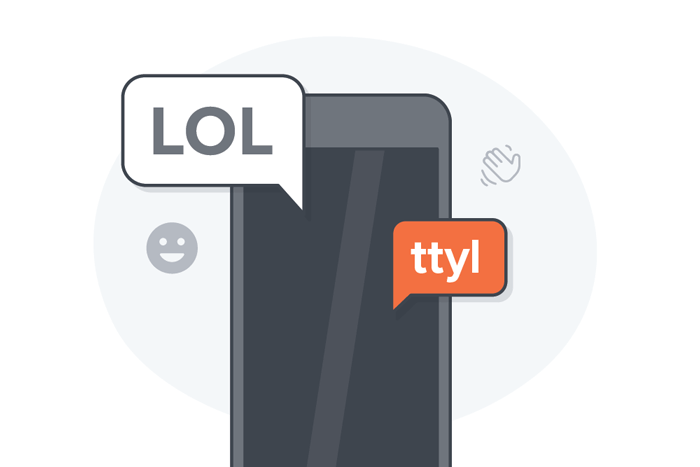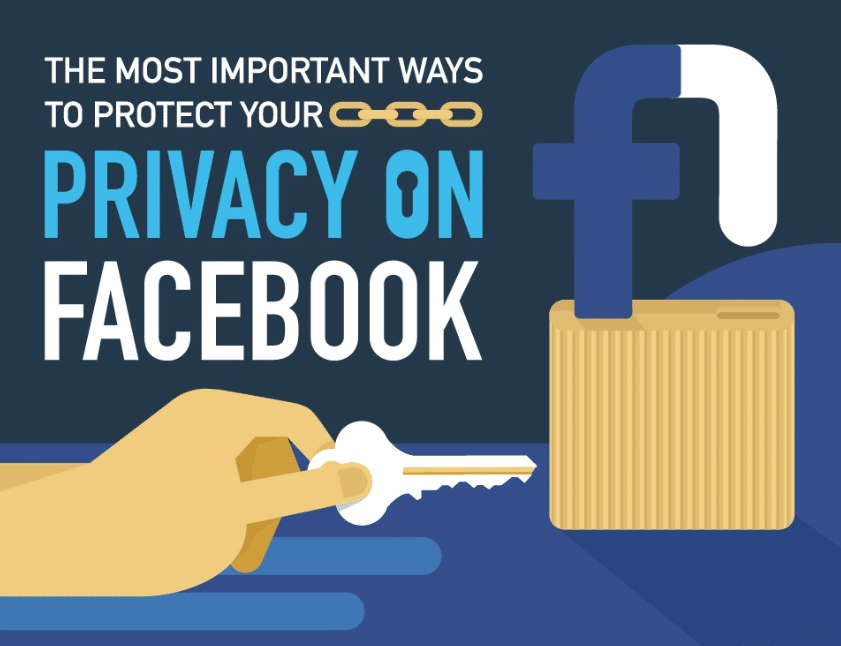Raising Digitally Responsible Youth: A Parent’s Guide
Click Here to View/Download: Raising Digitally Responsible Youth: A Parent’s Guide
This Parent’s Guide to Raising Digitally Responsible Youth will equip you with the knowledge you need to stay in the loop about the most popular applications and trends. Correspondingly, this guide will give you a better understanding of your child or teen’s internet usage so you can relate to the digital world they live in.
If you would like to attend a parent session on raising digitally responsible youth, how to keep our children safe online, and understanding current trends, please click here.
Introduction
Our current world climate is constantly connected to technology. What do we need to know as parents to protect our children and teach them responsible and appropriate uses of technology? The answer is that the parameters of rules and expectations we put in place at home will undoubtedly guide our children’s sense of digital responsibility.
Raising children in a digital era can seem overwhelming at times. Technology has entered our lives at a rapid pace over the past several years and continues to evolve. The reality of this is that apps and technological devices will change, but the behavior stays the same. Moderation is key to managing technology use in our homes. The aforementioned does not need to be an “all or nothing” approach with absolute prohibition or full unchecked usage.
It is beneficial to maintain an open, transparent, and ongoing dialogue with our children regarding the internet, technology, social media, and video games. Remaining approachable could be the difference between whether our children come to us when issues or uncomfortable situations arise rather than feeling alone in the process of going to their peers to seek comfort and advice instead.
Technology is here to stay, whether we like it or not. The digital reputation of today’s students, or how they choose to represent themselves online, is being evaluated and assessed by future employers or admissions departments. The goal of this parent guide is to help introduce the major social media platforms, video games, and relevant trends that are either being used already or have the potential to be used by our children.






